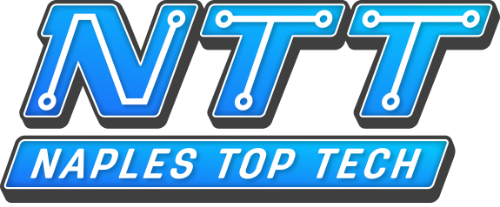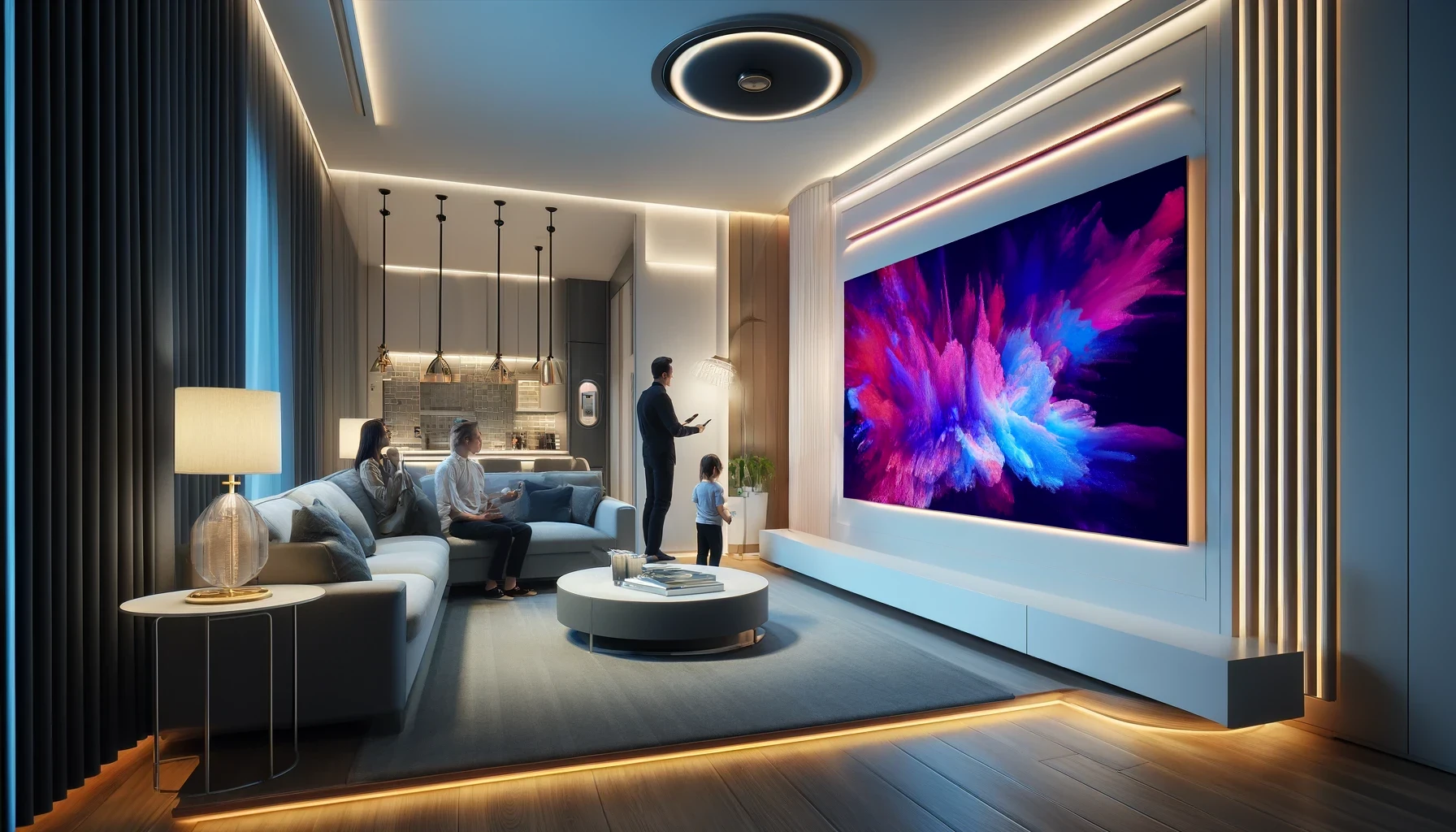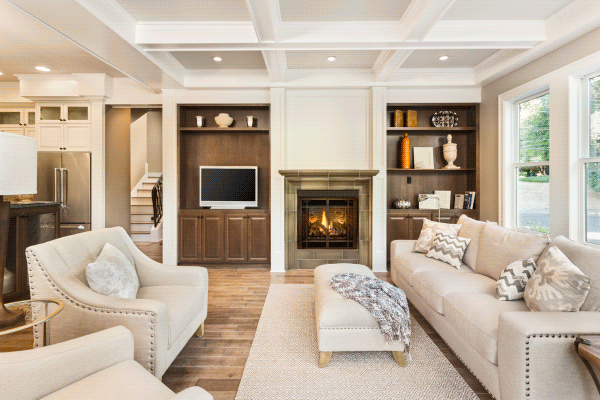
Setting up a smart home assistant such as Google Home, Amazon Alexa, or Apple HomeKit can be a rewarding DIY project for homeowners. These platforms offer the capability to manage and integrate a wide array of smart home functions—from home theater and security systems to lighting and network settings. With compatible devices, homeowners can utilize voice commands to operate various aspects of their home, streamlining daily tasks and enhancing the overall home automation experience. This setup not only provides convenience but also allows for personal customization of your home environment to suit your lifestyle and preferences.
Capabilities of Smart Home Assistants in Managing Various Home Systems:
- Home Theater: Smart assistants can integrate with smart TVs, speakers, and other devices to control your home theater system through voice commands.
- Home Security: They work with a variety of smart security devices, including cameras, smart locks, and alarm systems, allowing for easy monitoring and control.
- Home Lighting: Compatible smart lighting systems can be adjusted with simple voice commands, enabling you to change settings like brightness and color temperature.
- Home Audio and Video: These assistants interact with smart speakers, soundbars, and displays, allowing for effortless control of your media setup.
- Home Networking: Some routers and network devices can also be managed via smart home assistants, offering basic actions like turning Wi-Fi on and off.
When to Consider Consulting a Home Integrator:
Although smart home assistants offer extensive compatibility and ease of use, there are several reasons why you might still consider consulting a professional home integrator:
- Complex Systems Integration: If your home includes high-end or bespoke technology systems, a professional integrator can ensure that all components work seamlessly together. They can address compatibility issues between different brands and technologies that might not be directly supported by standard smart home assistants.
- Custom Configuration and Setup: An integrator can provide customized setups tailored to your specific needs and preferences, which might go beyond the standard configurations available through smart home assistants.
- Advanced Security Needs: For enhanced security systems, professional installation and configuration can ensure that all components are optimally configured for security and performance.
- Technical Support and Maintenance: Integrators can offer ongoing support and maintenance, helping to troubleshoot and update systems as needed, which might be more challenging to manage on your own.
- Maximizing System Capabilities: Professionals can help you make the most of your investment by ensuring you are using all features of your smart home devices to their fullest potential, which might be overlooked in a DIY setup.
In conclusion, while smart home assistants like Google Home, Amazon Alexa, and Apple HomeKit provide robust platforms for managing many aspects of your smart home, the complexity and scale of your specific setup might benefit from the specialized skills of a professional home integrator. This is especially true for integrating multiple systems into a cohesive, fully functional network.







